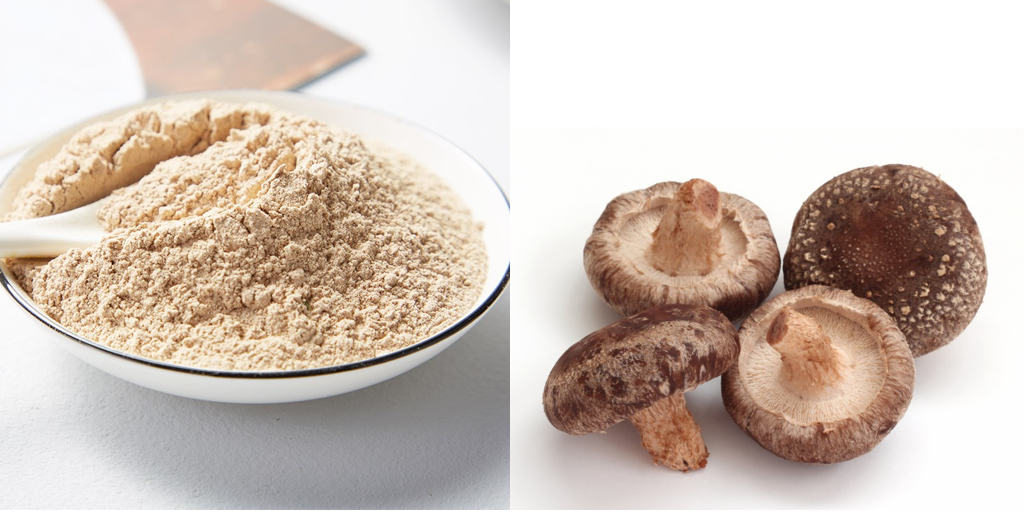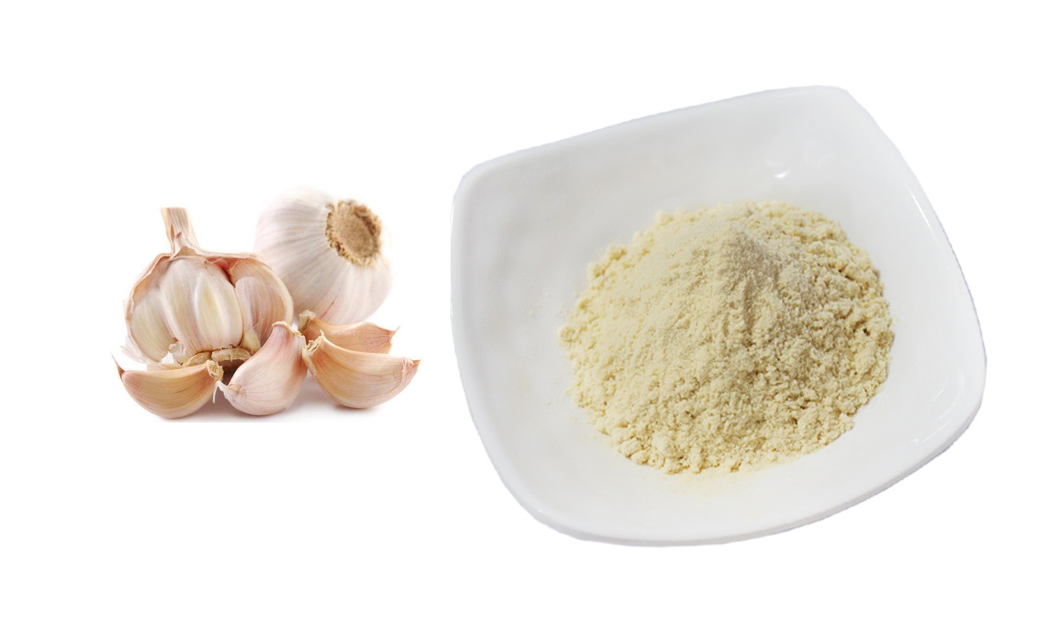Follow Us:
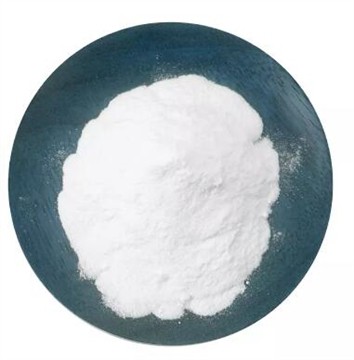
What Is Betaine Hcl?
An acidic form of betaine, a vitamin-like substance found in grains and other foods, is betaine hydrochloride. For individuals with hypochlorhydria, a lack of stomach acid production, some doctors recommend betaine hydrochloride as a supplement to hydrochloric acid.
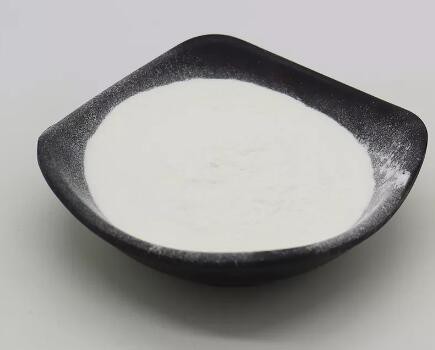
What is betaine hcl used for?
If you look at an antacid’s ingredients, you can pretty much guarantee that it contains betaine HCL. Betaine HCL helps maintain the stomach’s natural acidity. Numerous plants and sugar beets contain betaine hydrochloride. This potent herb promotes normal acid levels and supports nearly every digestive process in the stomach. The advantages of betaine HCL are as follows:
Betaine HCL Helps You Digest Foods Your body uses a lot of energy to digest what you eat. When your stomach acid levels aren’t at their best, your body has to work harder, which can lead to low energy and even fatigue. Betaine HCL increases stomach acid levels, making it easier for your body to break down food in the stomach and better absorb nutrients in the small intestine. Additionally, it aids in the destruction of harmful stomach bacteria before they can enter your digestive tract.
Betaine HCL Mends Cracked Stomach
Adding Betaine HCL to your routine keeps an ideal equilibrium of corrosiveness in your stomach related framework, which upholds your weak stomach connecting. For harmful microbes, yeast, and infections caused by bacterial and fungal organisms, Betaine HCL creates an unfriendly environment. By supporting protein digestion, it protects you from the effects of leaky gut syndrome.
If you don’t have enough HCL to break down proteins, tiny particles that haven’t been eaten could get into your bloodstream. These particles are not recognized by your immune system, so it begins to attack them. If you don’t fix your leaky gut, particles that haven’t been digested will enter your bloodstream. This puts your immune system on high alert, and it will attack everything it sees, even healthy tissue.
Betaine HCL Prevents Candida Overgrowth Taking supplements containing betaine HCL stops Candida overgrowth from growing in your small intestine. Maintaining a healthy stomach acidity aids in the proper digestion of food by the digestive tract, preventing food that hasn’t been digested from sitting in your stomach and feeding Candida, the fungus that causes gut problems. Candida can escape through your intestinal wall and cause a widespread systemic problem if you have both Candida overgrowth and leaky gut.
The health of your skin is directly related to the health of your digestive system. Low stomach acid has been linked to numerous common skin conditions, including rosacea, eczema, dermatitis, acne, and eczema.1 Taking HCL supplements can indirectly support your skin health by promoting healthy stomach acid levels.
Betaine HCL Facilitates Nutrient Absorption Without healthy stomach acid levels, your body cannot absorb nutrients from food. Unintentional weight loss, fatigue, muscle wasting, digestive issues, dull hair, brittle nails, loss of bone density, and numerous other health conditions can result from nutrient deficiencies and poor nutrient absorption. To ensure that your body can utilize all of the nutrients you eat, betaine HCL raises stomach acid.
As previously stated, betaine HCL promotes healthy acid levels in the stomach. So, what takes place when the acid in your stomach drops too low? Hypochlorhydria is the name for this.
What is betaine hcl made from?
The hydrochloride form of betaine, a crystalline alkaloid found in sugar beets and other plants, is Betaine Hydrochloride. Choline’s oxidation product is betaine, a metabolic intermediate that transmethylates. As a supplement to reduce gastric acidity, betaine hydrochloride is utilized.
What foods contain betaine HCl?
Betaine is found in foods that either contain choline or betaine. Foods like wheat bran, wheat germ, spinach, beets, and whole grains make up a lot of betaine, but the exact amounts depend on how foods are prepared and where they come from.
In contrast to amino acids and popular pre-workout ingredients like creatine, beta-alanine, and taurine, betaine is generally not a good source in meat, poultry, or nuts. Heated items like bread, pretzels, and wafers are significant supporters of betaine consumption tracked down in an ordinary eating routine [R]. Taking into account the wellsprings of betaine rich food sources, supplementation of betaine is suggested, to determine ideal body creation, without added calories. Those who are allergic to gluten or wheat may also benefit from taking betaine supplements.
The typical betaine admission is around 100-400 mg/day [R], but to get the ergogenic benefits from betaine 2500mg or more is required.
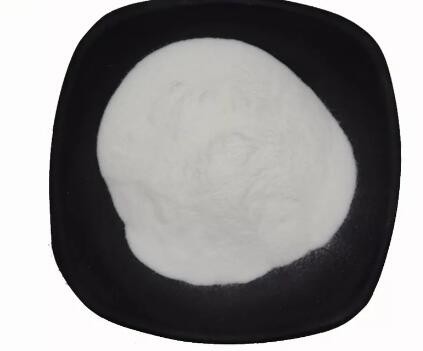
When should I take betaine HCl?
I do not support a common recommendation for determining the dosage of digestive acids. This erroneous strategy suggests increasing your dosage until you experience burning, after which you should slightly reduce it. For instance, in the event that you felt a consuming sensation in your stomach subsequent to taking eight pills, your ideal portion is seven pills.
However, if you experience burning in your stomach, your stomach lining may be damaged.
Betaine HCl can be taken in very large amounts using this method. I’ve seen patients who were taking as many as 15 digestive acid capsules with each meal. You may never experience burning if your stomach lining is healthy. Peptic ulcers may occur more frequently if stomach acid supplements are taken in large quantities.
References:https://drruscio.com/betaine-hcl/
https://www.peacehealth.org/medical-topics/id/hn-2808009
https://www.dogsnaturallymagazine.com/enzymes-and-your-dog/














